What Is Nutritional Therapy?
Our bodies are truly amazing works of art! We all have such unique features and characteristics that even the most talented artist can’t capture our every little detail. To preserve our bodies we must first be present and mindful of our daily habits and choices. This is where nutritional therapy can help. Nutritional therapy is an amazing investigative tool that allows our unique self to become body aware and understand how our choices impact our overall health. The work of a nutritional therapy practitioner involves pulling back all the layers and digging in deep to get to the root problems. This includes supporting dietary, lifestyle and behavioral changes. This work is challenging but very gratifying to the body, mind and soul.
Throughout life we experience many highs and lows, which can create imbalances in our body and overall health. Nutritional Therapy works to correct these imbalances by addressing the six foundations of nutritional therapy: diet, digestion, blood sugar regulation, essential fatty acid balance, mineral balance and hydration. The body has an innate ability to heal itself when we provide it with the necessary building blocks and tools. When we choose to nourish our bodies with nutrient dense foods, healthy relationships and positive self talk we balance the foundations and our physical health naturally follows.
Addressing The Foundations
Diet
The diet is the most essential piece in Nutritional Therapy. I can not stress enough the importance of properly prepared, nutrient dense foods to jump-start the healing process. When we begin to understand that unrefined complex carbohydrates help to regulate blood sugar, high quality fats decrease inflammation and quality sourced, complete proteins help regulate metabolism and almost every key function in the body, eating to fuel the body instead of satisfying a temporal craving becomes second nature.
Digestion
If we can’t digest food properly then even the most nourishing foods become problematic for the body. Our bodies are only as strong as our ability to utilize and absorb nutrients from our food. Digestion is absolutely fundamental to nutritional therapy and key to your whole body health from North to South. Digestive health is directly related to our immune function since nearly 80 percent of our immune system takes refuge in our gut. Feeling mentally stable is also directly related to our gut health. Many of the feel good neurotransmitters, such as serotonin is stored in the gut. Literally, a healthy gut is the pathway to vitality and longevity.
Blood Sugar Balance
Have you ever been so hungry that you felt jittery and have trouble remembering even the most basic things? If you've experienced this you were most likely having a low blood sugar (hypoglycemia) reaction. This happens when our blood sugar levels drop below a normal healthy functioning range. The body then calls on glycogen stores from the liver to distribute glucose into the bloodstream raising our blood sugar levels back within a normal range. Constant blood sugar fluctuations can lead to insulin resistance, Type II diabetes, obesity and heart disease to name a few. Our bodies were not designed to handle the abundance of sugar present in our foods today. Our systems and organs become taxed with sugar handling leaving our bodies at risk to chronic disease...NEVER before in the history of mankind, have we had an emergency need to LOWER blood sugar!
Quality Fats
Did you know that fat acts as a building block for every cell membrane in our bodies? Eating healthy fats equals a healthy body on the cellular level. Our bodies need fat for energy, fat aides in the absorption and utilization of other fat soluble vitamins, fat regulates metabolism by slowing down the absorption of food, and finally FAT makes food taste GOOD! Eating a balanced ratio of high quality fats such as: organic olive, avocado, & coconut oils, grass-fed butter, fatty fish, eggs, avocados, etc., contribute to optimal health. Most people in America are fatty acid deficient, meaning they don’t eat a balanced ratio of fats or they don’t eat fat at all! Most tend to fall in the line of eating lots of omega-6 fats and leave out the omega-3’s, and saturated fats. We truly need balance so our bodies can function properly on a daily basis.
Improper fatty acid ratios can lead to heart disease, chronic inflammation and immune system dysfunction. Ideally the body wants a 1:1 ratio of omega 6’s to omega 3’s but depending on the individual that can vary.
Minerals
Although the human body is composed of only about 4% of minerals the importance of minerals is beyond measurable. Humans do not make minerals in the body, therefore we must obtain them through our food. Due to depleted soils and over consumption of processed foods and sugar most people lack the necessary minerals for optimal body function. Most of our mineral supply is concentrated and stored in the bones. Calcium is known to be the most highly concentrated mineral in the body. Did you know most everyone gets enough calcium in their diet, however, they are missing the cofactors that allow the body to absorb and use it? The foundations of the body must be in balance to effectively access and use calcium.
Almost every organ in the body is dependent on a mineral to help that organ carry out its function. Minerals help facilitate the transfer of nutrients across the cell membrane, balance the pH in the body, contract and relax the muscles and provide structural and functional support.
Water
Water makes up 55-60% of our total body mass, yet it is the most common nutritional deficiency in America! Water without a doubt is the most important nutrient in the human body. Our bodies can go weeks without food but only days without water. Some of the important roles of water include: regulating body temperature, removes wastes, flushes toxins, enables cellular hydration and empowers the body’s natural healing process. Early signs of dehydration can cause fatigue, headaches, depression and anxiety. Mature signs of dehydration may lead to heartburn, joint and back pain, constipation, fibromyalgia and colitis.







